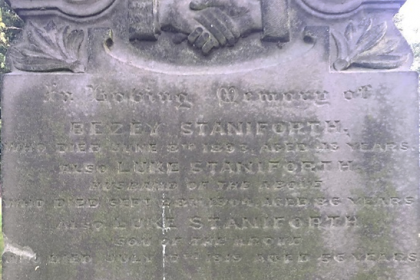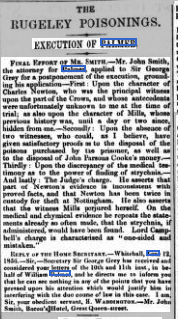MY IMAGINARY DAUGHTER
I have more or less been dominated by male company from birth. My uncles bossed me around when I was young, then my three brothers bossed me as I grew up. In those days (the twenties) boys were pampered as they were considered future bread winners and they could do no wrong. Girls more or less were there to grant their every wish.
As I got older and started thinking about marriage, and the prospect of having a family myself, I hoped and longed for a daughter. I wanted to bring her up and treat her much more equally than I had been.
In my imagination, I saw her as a very caring, sharing person. She would be loving and affectionate to her parents and other kin. A friend, a confidante, understanding her family in the same way as we had understood her.
Alas, I had a family of four boys, I brought them up in the same way I would have done a daughter. They are good boys (well men now) but I do wish I had a daughter.
“CHANGING AFFECTIONS”
I used to really enjoy cleaning the “Yorkshire Range” which used to catch everyone’s in my kitchen. Rising about seven in the morning, I would clean out all the dead ashes and lay paper, sticks and coal in the grate already for lighting. Then I would dampen a rag dip it in the blackhead and rub it on the black parts of the stove. After that, I would brush vigorously until, at last, I could see my face reflected in it. I would then begin to rub emery paper on the ornate, steel hinges and knob on the oven door. The ashpan received the black-lead treatment and the steel fender was polished with emery paper.
Before putting a match to the paper in the grate, I would step back and lovingly admire the stove, greatly pleased with myself. In a satisfied mood I was ready to begin my other chores. I was a fanatic regarding that stove and made a rule which was always kept. Anyone who poled the fire, or refuelled it during the day, had to pick up a duster hanging conveniently at the side of the mantlepiece, and carefully dust the stove, restoring it back to its former state of brightness.
This routine went on for quite a few years until one morning when I arose, I saw the stove, waiting like a greedy monster ready to be groomed and fed. I suddenly screamed out loud at it: –
“This can’t go on; I’m fed up with you!”.
I had made up my mind – I was determined to have a gas stove installed as soon as I could.
Thanks to Derek Brunt for letting me type up Edith Brunt’s memories (Linda Taylor nee Staton)







